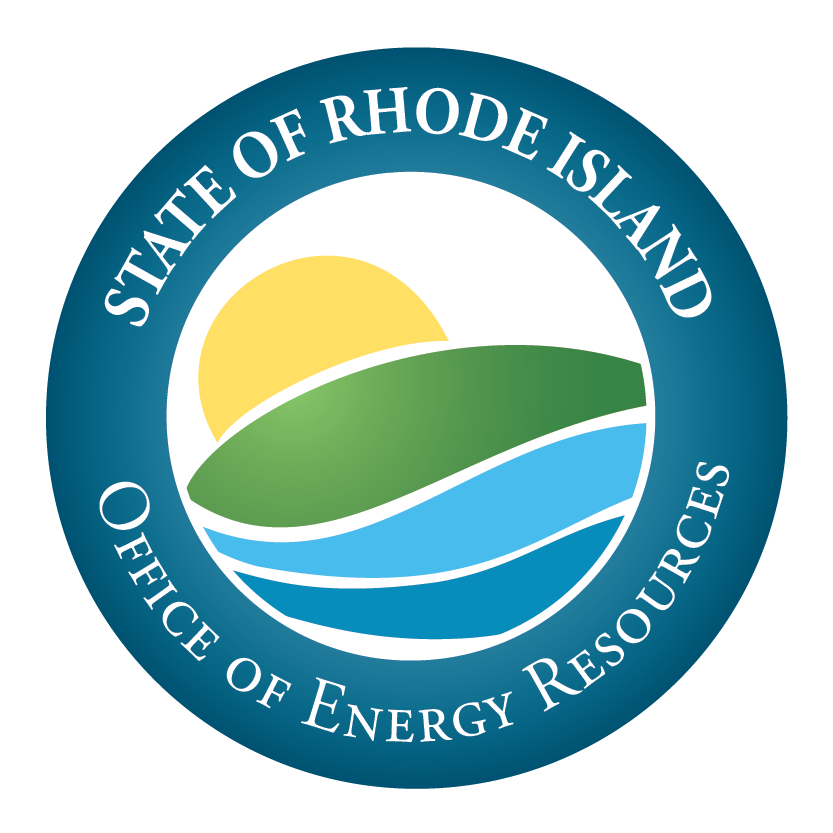Learn About Energy Efficiency
Find answers to your questions about energy efficiency:
Energy efficiency means using less energy to provide the same service (for example, an energy-efficient light bulb or heating system). Renewable energy means using a clean energy resource to produce electricity (for example, wind or solar). Let’s say you are considering installing solar panels on your business. You should first see how much energy you can save through energy efficiency measures and then figure out how much renewable energy you should install.
Energy efficiency programs are funded in large part by the System Benefits Charge on electricity and gas customers’ bills. This charge per kilowatt-hour funds programs like free home energy audits, incentives for energy efficiency upgrades, and rebates on energy-efficient appliances. If you are an electric or gas customer and have not taken advantage of these programs yet, you should! Funding also comes from the Forward Capacity Market (where savings from energy efficiency programs receive payments for reducing regional power supply requirements).
In 2010, Rhode Island passed “revenue decoupling” legislation that changed how Rhode Island Energy earns revenue. Decoupling broke the link between utility profits and sales volume by changing the way the fixed costs of maintaining the electric and gas distribution systems are recovered. Importantly, revenue decoupling removes the disincentive for the utility to administer energy efficiency programs. Regulators determine the total amount of revenue the utility is allowed to earn each year, and the utility earns this revenue regardless of how much energy is saved through efficiency. Click here to learn more about revenue decoupling.
In 2017, Rhode Island is expected to save over 200,000,000 kilowatt-hours of electricity and just about 400,000,000 therms of natural gas due to energy efficiency programs! Over the past decade, Rhode Island has saved enough energy through efficiency to keep the total amount of energy needed level despite economic and population growth in the state! Energy efficiency in Little Compton and Tiverton, for example, is helping defer the need for costly investments in utility infrastructure.
Every three years, the Energy Efficiency and Resource Management Council sets energy savings targets for Rhode Island’s major utility, Rhode Island Energy. Each year, Rhode Island Energy files an annual report with the Public Utilities Commission outlining their energy efficiency programs that will meet these energy savings targets, along with benefits and costs. As a rule, the benefits of these programs must outweigh the costs. You can find more information here.
If you are a customer of Pascoag utility District, you can request a free home energy audit here. Block Island Power Company just completed a round of free home energy audits for year-round residents and businesses.
Let us know! Email us at Energy.Resources@energy.ri.gov.
Saving energy through efficiency reduces the need to use non-renewable fuels, thereby preventing greenhouse gas emissions. Rhode Island’s goal is to reduce greenhouse gas emissions by 80% below 1990 levels by 2050. To do so, Rhode Island prioritizes investments in energy efficiency measures (with no greenhouse gas emissions) that cost less than purchasing additional energy supplies (that do emit greenhouse gases).
In 2006, Rhode Island passed legislation that requires Rhode Island Energy to pursue “Least-Cost Procurement”. Least Cost Procurement is an economic strategy for reducing Rhode Island’s energy costs by investing in cost-effective energy efficiency that costs less than traditional energy supply. This strategy is “least-cost” because energy-saving measures—such as higher-efficiency lighting, HVAC systems, and appliances; insulation; and air sealing—cost approximately 4 cents per kWh over their product lifetime while electric supply currently costs typically between 8 and 12 cents per kWh.
There are a few ways for you to have your voice heard – whether it’s in support of energy efficiency or not, your experience and feedback matters.
(1) Contact your local political officials or state legislators.
(2) Participate in public meetings of the Energy Efficiency and Resource Management Council.
(3) Contact the Office of Energy Resources Energy Efficiency Team: Nathan.Cleveland@energy.ri.gov.
